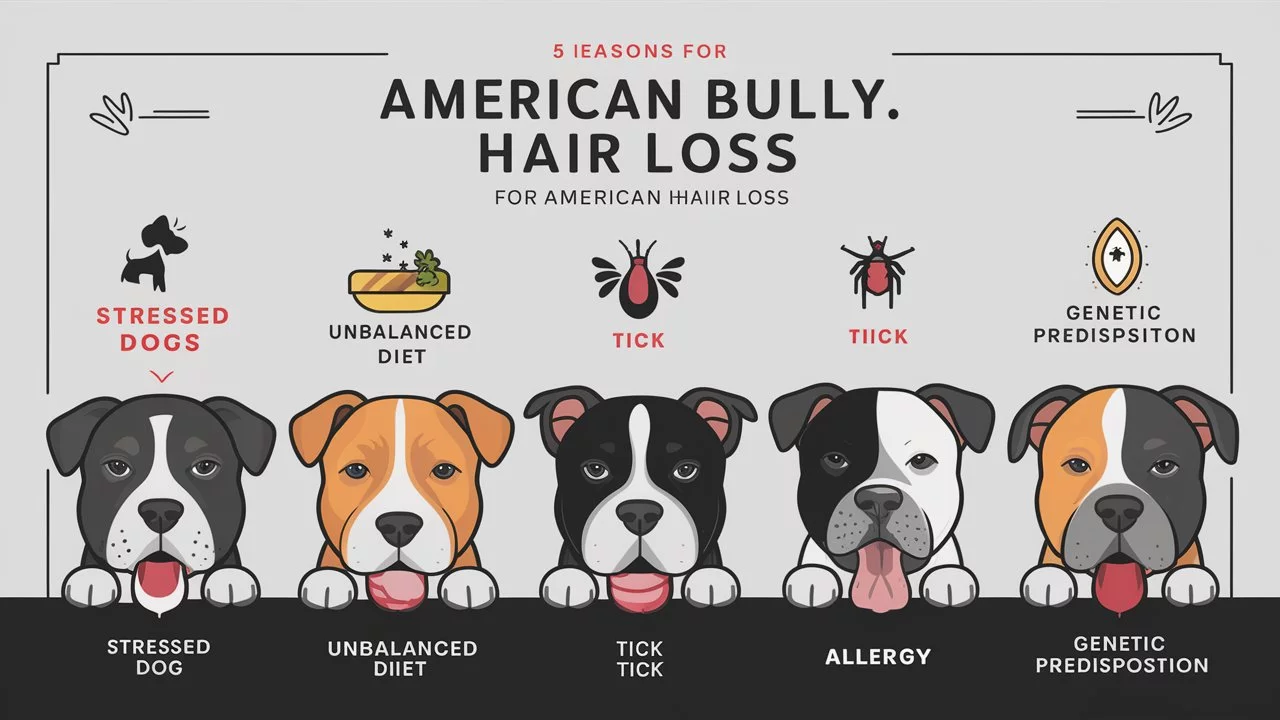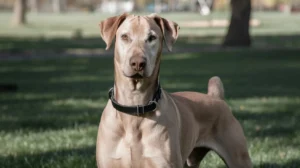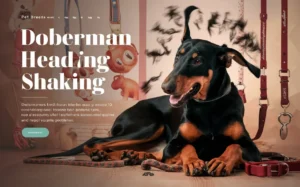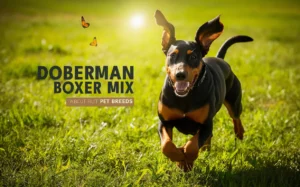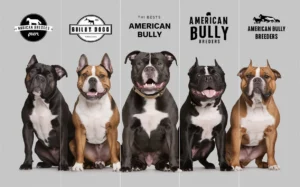American Bullies are known for their muscular build and loving demeanor. However, like any breed, they can experience health issues, one of which is hair loss.
If you’re noticing patches of fur missing or thinning coat on your American Bully, it’s essential to identify the underlying causes and find effective solutions.
This comprehensive guide explores five reasons why your American Bully may be losing hair and offers actionable advice to help restore your dog’s coat to its former glory.
Understanding the Importance of a Healthy Coat
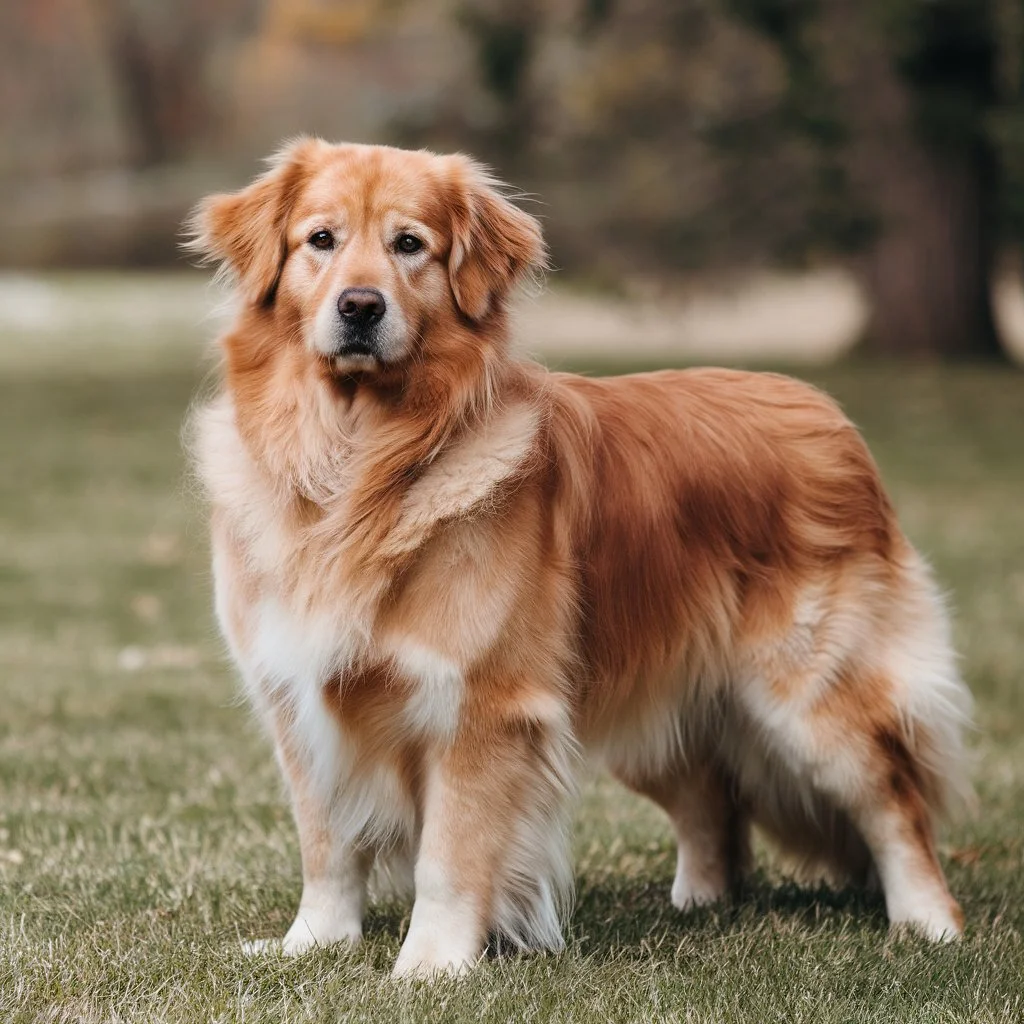
A dog’s coat is not just for show; it serves as a protective barrier against environmental factors. A healthy coat is a sign of good overall health.
Regular grooming and proper nutrition play a crucial role in maintaining your American Bully’s coat. If hair loss occurs, it could indicate underlying health issues that need attention.
Allergies
Types of Allergies
Allergies are one of the most common reasons for hair loss in American Bullies. They can be categorized into several types:
- Food Allergies: Some American Bullies may have sensitivities to specific ingredients in their food. Common allergens include:
- Beef
- Chicken
- Wheat
- Corn
- Dairy
- Environmental Allergies: These allergies are triggered by substances in the environment, such as:
- Pollen from trees, grasses, and weeds
- Dust mites
- Mold spores
- Fleas
- Flea Allergies: An allergic reaction to flea saliva can lead to intense itching and hair loss, often resulting in secondary infections.
Symptoms to Watch For
If your American Bully is suffering from allergies, you may notice symptoms such as:
- Persistent itching or scratching
- Red, inflamed skin
- Hair loss, especially around the face, ears, and paws
- Hot spots or rashes
How to Help
If you suspect allergies are causing your dog’s hair loss, consider the following steps:
- Consult a Veterinarian: Getting a professional opinion is crucial. Your vet can perform tests to identify specific allergens.
- Implement an Elimination Diet: Gradually remove potential allergens from your dog’s diet to pinpoint food sensitivities. Introduce hypoallergenic foods that contain novel proteins, such as:
- Lamb
- Duck
- Fish
- Use Medicated Shampoos: These can help soothe irritated skin. Look for shampoos containing oatmeal or aloe vera.
- Flea Control: Ensure your dog is on a reliable flea prevention program. Treat your home and yard if fleas are a concern.
Pressure Sores
Understanding Pressure Sores
Pressure sores, also known as decubitus ulcers, can develop when a dog lies in one position for an extended period. American Bullies, due to their weight and muscle mass, are particularly susceptible to these sores.
Symptoms to Watch For
Signs of pressure sores include:
- Red or inflamed skin over bony areas (such as elbows and hips)
- Open wounds or sores
- Hair loss around the affected areas
- Discomfort or pain when touched
How to Help
To address and prevent pressure sores, consider these strategies:
- Provide Soft Bedding: Ensure your dog has a comfortable place to rest. Look for orthopedic beds that provide extra support.
- Rotate Positions: Regularly changing your dog’s position can help prevent sores from forming.
- Consult a Vet: If sores develop, seek veterinary care for proper cleaning and treatment. Your vet may recommend topical treatments or bandaging.
Free eBook for Breed Atlas Club Members
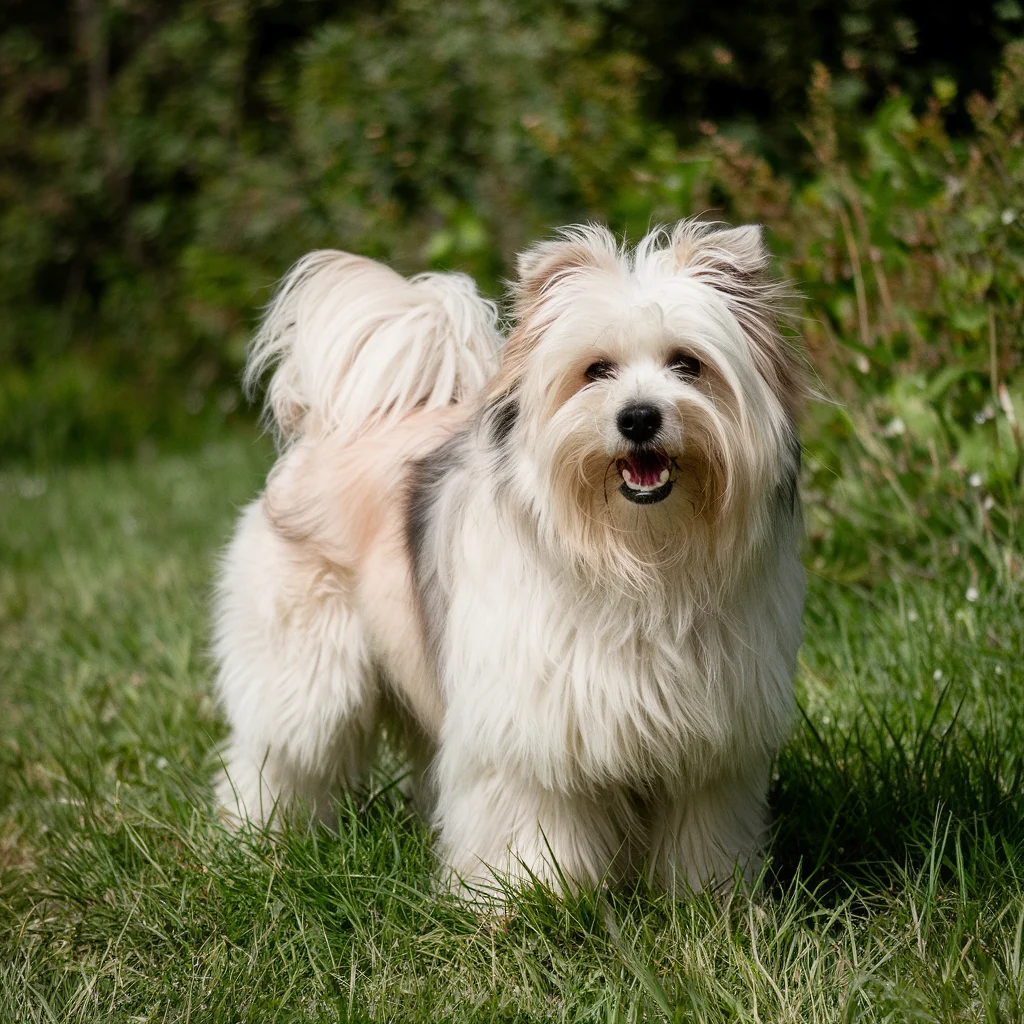
As an added resource, Breed Atlas Club members can access a free eBook on dog care, including in-depth information on managing pressure sores and promoting overall skin health.
Infections
Types of Infections
Infections can be another culprit behind hair loss in American Bullies. There are several types to consider:
- Bacterial Infections: Often arise from wounds or underlying skin conditions.
- Fungal Infections: Conditions like ringworm can cause significant hair loss and skin irritation.
- Yeast Infections: Common in moist areas, leading to itchy, inflamed skin.
Symptoms to Watch For
Be on the lookout for these signs:
- Redness or swelling in affected areas
- Discharge or pus from sores
- Hair loss localized to infected regions
- Persistent itching
How to Help
If you suspect your American Bully has an infection, take these steps:
- Veterinary Diagnosis: Accurate diagnosis is crucial. Your vet may perform skin scrapings or cultures to identify the infection.
- Medications: Depending on the type of infection, treatments may include:
- Antibiotics for bacterial infections
- Antifungals for fungal infections
- Antiparasitics for mange or fleas
- Maintain Cleanliness: Regular grooming and bathing can help prevent infections. Ensure your dog’s skin and coat stay clean and dry.
Alopecia
Understanding Alopecia
Alopecia refers to hair loss and can occur for various reasons, including genetic predisposition, stress, or underlying health conditions.
Types of Alopecia
- Seasonal Alopecia: Some dogs lose hair during specific seasons, usually in patches, but the coat regrows.
- Genetic Alopecia: Certain breeds may inherit tendencies towards hair loss.
- Stress-Related Alopecia: Stress or anxiety can cause dogs to lose hair.
Symptoms to Watch For
Signs of alopecia include:
- Patchy hair loss, often symmetrical
- Thinning coat
- Skin irritation or discomfort
How to Help
If you suspect alopecia is affecting your American Bully, consider these solutions:
- Veterinary Evaluation: A vet can determine if alopecia is due to genetics, stress, or other health conditions.
- Medications: Treatments may involve corticosteroids for inflammatory cases or other medications to promote hair growth.
- Balanced Diet: A nutritious diet rich in omega fatty acids can improve skin and coat health. Consider adding foods like fish oil or flaxseed oil.
Other Health Conditions
Underlying Health Issues
Various health conditions can lead to hair loss in American Bullies. Some common ones include:
- Hormonal Imbalances: Conditions such as hypothyroidism or Cushing’s disease can lead to changes in coat condition.
- Nutritional Deficiencies: Lack of essential nutrients can impact coat health. Key nutrients to focus on include:
- Omega-3 and Omega-6 fatty acids
- Vitamins A and E
- Zinc
Symptoms to Watch For
Look for these signs that may indicate a health issue:
- Changes in weight (gain or loss)
- Lethargy or decreased activity
- Changes in appetite
- Skin irritations or infections
How to Help
Addressing underlying health conditions requires:
- Regular Veterinary Check-Ups: Schedule routine visits to monitor your dog’s health. Blood tests can help detect hormonal imbalances or deficiencies.
- Balanced Diet: Ensure your American Bully receives a well-rounded diet that meets their nutritional needs. Consider high-quality commercial dog food or consult a veterinarian for dietary recommendations.
- Supplements: Depending on the specific health condition, your vet may recommend supplements to support coat health and overall well-being.
Conclusion
Hair loss in American Bullies can be alarming, but understanding the underlying causes is the first step toward addressing the issue.
By being aware of potential allergies, infections, pressure sores, alopecia, and other health conditions, you can take proactive measures to restore your dog’s coat and overall health.
Remember to consult your veterinarian if you notice persistent hair loss or other concerning symptoms. With the right care, your American Bully can regain a healthy, shiny coat and continue to thrive.
Call to Action
Have you experienced hair loss in your American Bully? Share your stories and solutions in the comments below! For more tips on American Bully care, subscribe to our newsletter and stay informed.
